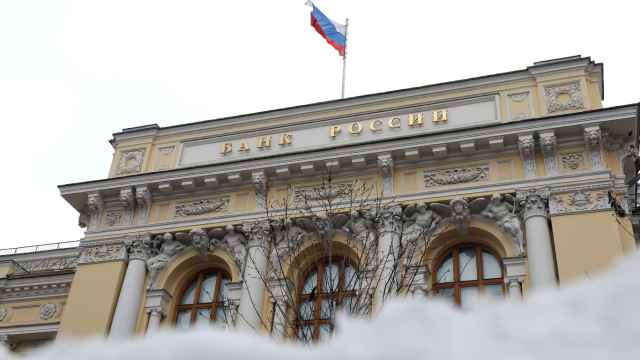Злободневный: topical
A phrase caught my eye as I was reading the paper the other day: Такие пьесы пишутся чаще всего на злобу дня (These kinds of plays are usually written on the most burning issues of the day.) That’s what злоба дня means, but the phrase is literally the “malice of the day.” So how did malice morph into topical?
With this phrase, the trail begins with the Bible, specifically Mathew 6:34. In the King James version, the verse begins: Take therefore no thought for the morrow: for the morrow shall take thought for the things of itself. And then it ends: Sufficient unto the day is the evil thereof. In Church Slavonic it ends: Довлеет дневи злоба его.
I don’t know what the word was in the original Greek text, but it’s interesting that old translations use the words evil and злоба (malice, spite, devilry), while newer translations use the words trouble and забота (trouble, care, concern): довольно для каждого дня своей заботы (each day has enough trouble of its own).
In any case, for several centuries злоба дня meant “daily cares,” but in the 1850s, it began to mean “urgent issues of the day” — I suppose because the urgent issues of the day always involve some sort of trouble. Just look at our headlines.
At first, злоба дня in this sense was odd and therefor put in quotes: Мать хотела найти человека, который мог бы ознакомить княжну с русскою литературою — разумеется, исключительно хорошею, а не зараженною ”злобою дня“ (The princess’ mother wanted to find someone who could acquaint her with Russian literature — good literature, of course, not literature sullied with those “burning issues.”) But now it’s a common phrase: Во второй половине 70-х телевидение стало отвечать на запрос зрителей, требовавших историй на злобу дня (In the late 1970s television began to respond to viewers’ demands for stories on the issues that really concerned them.)
And then somewhere along the line злоба дня got turned into an adjective: злободневный. Конгресс стартовал с сессии “Честные ответы на злободневные вопросы” (The congress kicked off with a session called “Honest Answers About Today’s Hot Topics.”)
Another word for this is животрепещущий, a real mouthful of consonant clusters that now means “of vital importance”: Таков наш менталитет: только сиюминутное, животрепещущее становится предметом внимания общественности (That’s our mentality: society only pays attention to topical issues of the utmost importance.)
And to go from the divine to the earthy — животрепещущий seems to have been coined way back in the day by fish vendors and meant a fish that was shaking (трепетать) in a very lively way (живо). That is: рыба прямо сейчас с воды (a fish right out of the water). Then a few centuries later, this fishy phrase got mixed up with a French phrase and came to mean something like earth-shaking, incredibly important. Sometimes it can be personal: Для меня это очень животрепещущее, поскольку связано с моей нынешней работой (This is something incredibly important to me since it’s connected to my current work.) But most of the time it refers to something that concerns everyone: Эффект санкций, наложенных Вашингтоном на СССР в начале 1980-х годов, был самой животрепещущей темой газетных заголовков (The effect of Washington’s sanctions on the U.S.S.R. at the beginning of the 1980s was the hottest topic in newspaper headlines.)
Which reminds me of another expression: Plus ça change…
Michele A. Berdy is a Moscow-based translator and interpreter, author of “The Russian Word’s Worth,” a collection of her columns
A Message from The Moscow Times:
Dear readers,
We are facing unprecedented challenges. Russia's Prosecutor General's Office has designated The Moscow Times as an "undesirable" organization, criminalizing our work and putting our staff at risk of prosecution. This follows our earlier unjust labeling as a "foreign agent."
These actions are direct attempts to silence independent journalism in Russia. The authorities claim our work "discredits the decisions of the Russian leadership." We see things differently: we strive to provide accurate, unbiased reporting on Russia.
We, the journalists of The Moscow Times, refuse to be silenced. But to continue our work, we need your help.
Your support, no matter how small, makes a world of difference. If you can, please support us monthly starting from just $2. It's quick to set up, and every contribution makes a significant impact.
By supporting The Moscow Times, you're defending open, independent journalism in the face of repression. Thank you for standing with us.
Remind me later.








